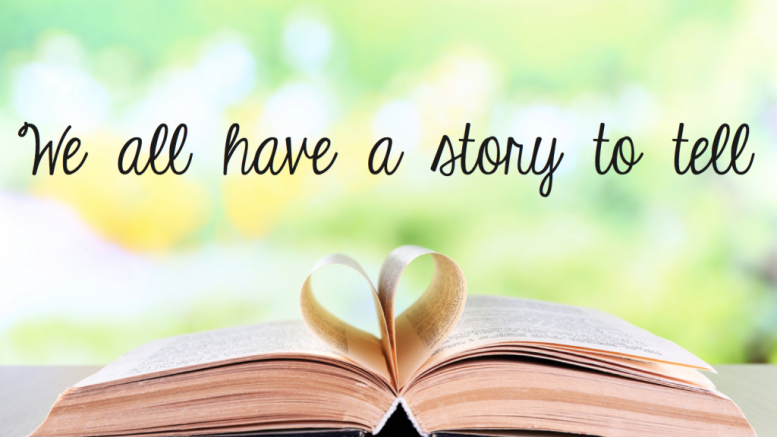There was a time when storytelling had just become a buzzword (very much like ‘fake news’ is today) and was quietly making its way up the echelons of leaders and communicators. Now, just about every discussion, town hall or meeting begins with a story. I guess, storytelling has truly arrived.
However, myths abound around storytelling. Let me illustrate a few.
Begin with a story
How many times have you heard a speaker start with ‘Let me tell you a story…’? A true storyteller does not take the support of such sentences. She/he is one whose story blends in effortlessly with the conversation. The story builds up slowly and stealthily builds its way and before you realise, it has set the context.
Not everyone can tell a story
This simply isn’t true! Human beings are born storytellers. Remember your childhood spent listening to stories? Recall your school/college days spent talking with your friends? You were exchanging stories. You were talking of your experiences. The art of talking is what distinguishes the human race. We all have stories to tell and we all tell them in some form or the other. Only, you may have never classified it earlier under the communications jargon of ‘storytelling.’
You have to search for a story
This is the weirdest I have heard. We are surrounded by stories. When it comes to storytelling, we don’t have to really search for one. We may however need to reach out to the recesses of our mind and recall an experience that resonates with what we wish to share with our listeners. Your story can also be the one that is live in the moment and be all about what you are experiencing. The audience relates to an authentic incident that showcases the speaker as one of their own.
Stories are all about successes
You have just tasted success in one of your communication projects. Take five minutes and write down a story on what made the particular project a success. My guess – this is not going to be difficult. You may in fact finish this one pretty quickly. People who tell stories of their successes have the tendency to come across as loquacious and may seek self publicity.
Now, let’s look at a project that did not go the way you wanted it to go. Take five minutes to write down a story explaining why this particular project failed. What do you think will happen? You will be surprised. You will discover that this story has more depth. Besides the failure, you will find yourself searching for alternatives. You will reach out to others to collaborate on new solutions.
Successes do not give us room to discuss what could have been done better. Stories that touch upon failures, that make us look humane and fallible are the ones that touch the heart. These stories create an emotional bond. Communicators know – the golden rule of good communication is one that builds a connect.
Stories need not be true
Stories need to be true and real. Yes, that’s an oxymoron. After all, are stories not meant to be invented? Are stories not fiction? Yes, and no. Fiction is best read. Stories shared with your customers, colleagues, stakeholders should be about experiences that occur in real life. They should be sprinkled with facts. It is easy to talk about facts than to invent one. A good storyteller visualises the situation, the listeners and maps the impact her/his story is going to leave in the end.
If you dig deep into your memories, you will find that you have a story that is just aligned to what you wish to convey. We only need to trust ourselves and believe in our own style of narrating that story.



Be the first to comment on "What makes a story, a story?"